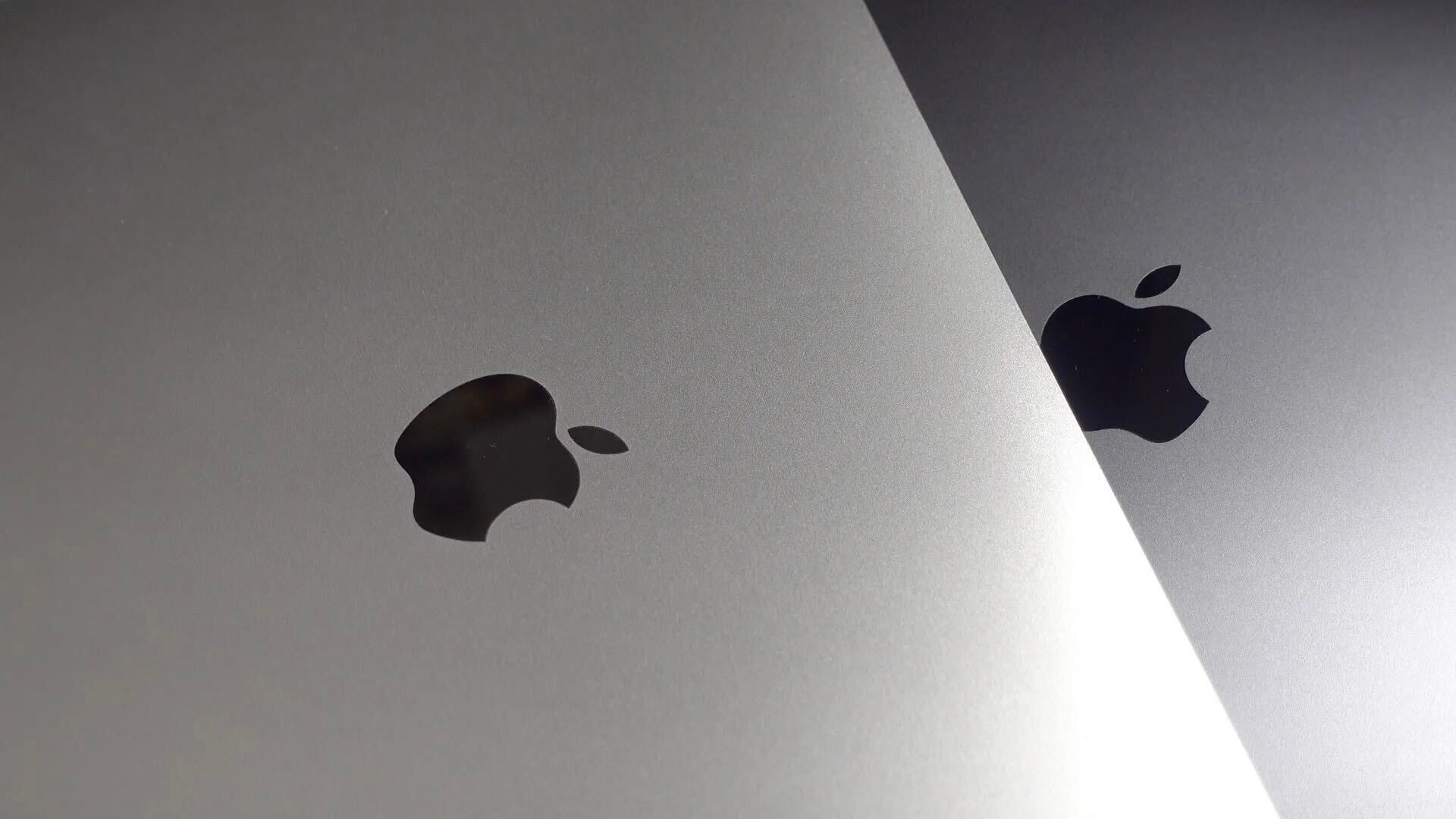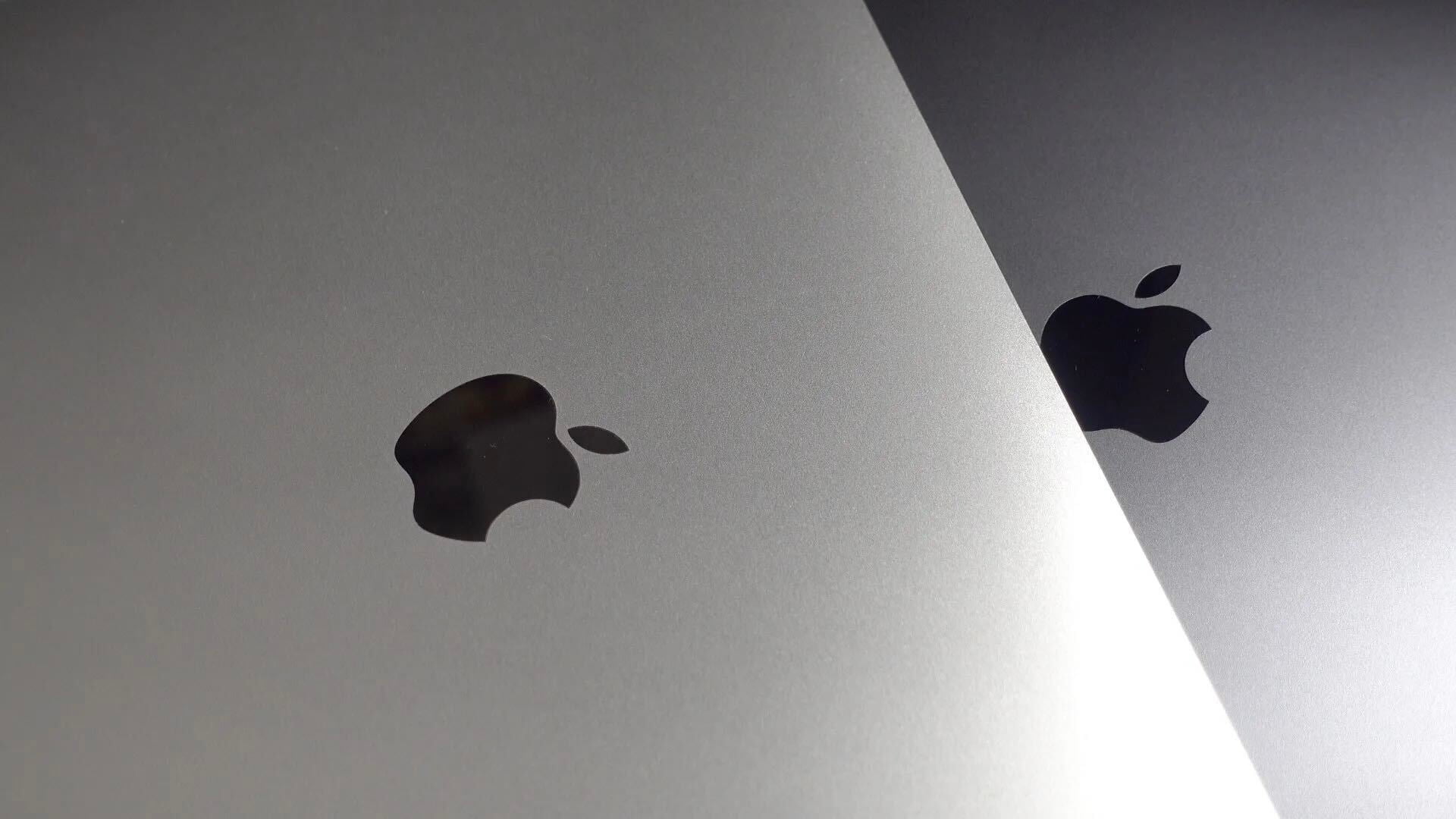
Apple exec met with teenager who found FaceTime bug at his Arizona home, will be eligible for bug bounty program
The FaceTime bug that made waves as result of 9to5Mac’s coverage last week was actually first reported to Apple by Grant Thompson and his mother in Arizona a week earlier. However, deficiencies in the Apple bug reporting process meant that the report was not acted upon by the company …






